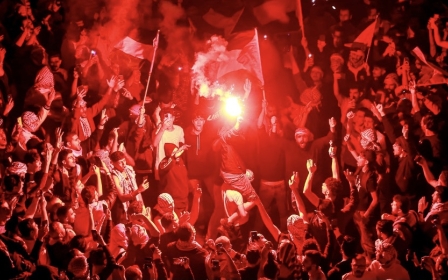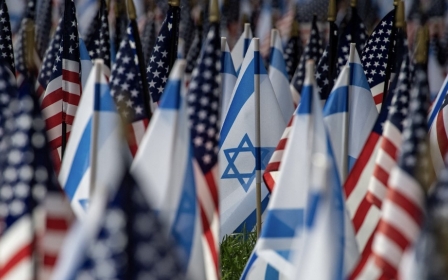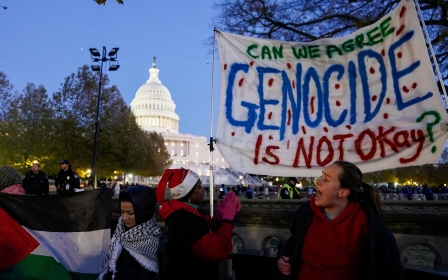War on Gaza: OIC and Arab League must back South Africa's ICJ case on Israel
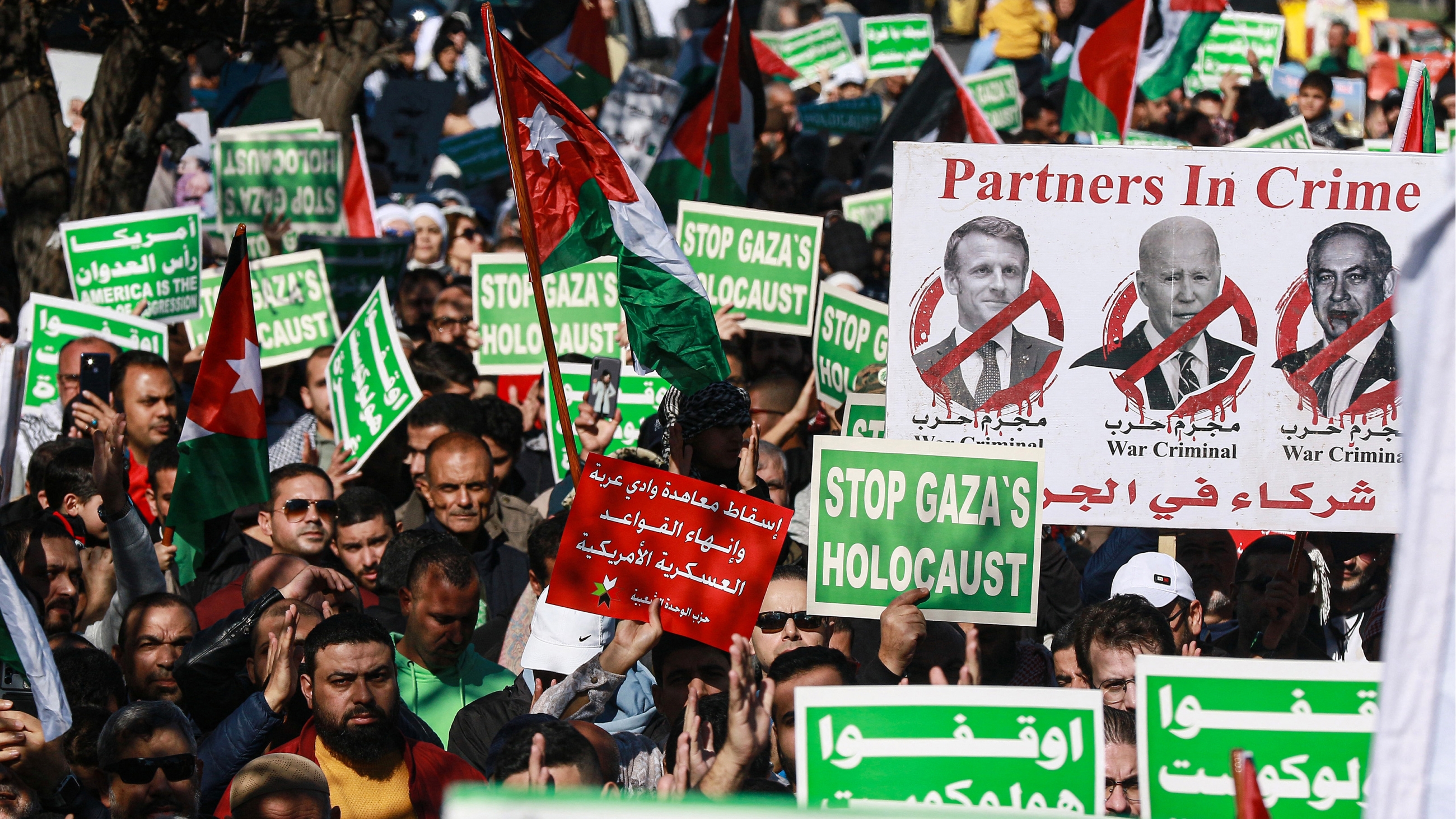
The ongoing war in Gaza has opened a window for Muslim-majority nations to lead by example in upholding the rule of law and justice. This moment presents a chance to respond to their citizens' calls for action and to pursue legal avenues in response to alleged war crimes in Gaza.
Beyond material progress and architectural marvels that rival ancient wonders, a truly progressive state is marked by its commitment to accountability and justice - a domain where some established democracies have faltered.
After enduring a harrowing 85 days of bombardment resulting in nearly 22,000 killed, including more than 8,000 children and 6,000 women, 1.9 million displaced and the collapse of the health infrastructure, South Africa, a signatory of the Genocide Convention has finally called upon the International Court of Justice (ICJ) to examine the crisis.
This long-awaited step reflects a crucial recognition of the international community's role in conflict resolution and human rights protection.
Members of the Organisation of Islamic Cooperation (OIC) and the Arab League stand at a pivotal crossroads, where the decision to support South Africa's legal action against Israel at the ICJ could mark a significant step towards upholding international law and justice.
New MEE newsletter: Jerusalem Dispatch
Sign up to get the latest insights and analysis on Israel-Palestine, alongside Turkey Unpacked and other MEE newsletters
A pivotal crossroads
The Arab League and OIC should urgently make it clear that as organisations they unequivocally support South Africa’s application to the ICJ in the same way as the OIC supported Gambia’s case against Myanmar’s alleged genocide of the Rohingya Muslims.
South Africa's meticulous and legally grounded application to the ICJ presents a profound opportunity for these influential states to endorse a process that seeks to clarify and address serious allegations in a legally constituted forum, free from political interference.
The Arab League and OIC should urgently make it clear that as organisations, they unequivocally support South Africa’s application to the ICJ
South Africa's application to the ICJ is not a mere accusation; it is a comprehensive, 84-page document publicly available on the ICJ’s website, grounded in detailed factual and legal analysis.
This move by South Africa is not, as Israel claims, a form of cooperation with any terrorist organisation or an act of defamation or antisemitism; it is a fulfilment of obligations under the Genocide Convention.
It is an unimpeachable act of responsibility to the international community and the principles of justice and human rights.
Follow Middle East Eye's live coverage of the Israel-Palestine war here
And it could prevent further loss of life through the ICJ issuing urgent provisional measures to Israel.
Accusing Israel of genocide is a serious claim, one that the ICJ is uniquely qualified to assess without political bias. It is crucial to understand that holding a state accountable in international law, as sought by South Africa, is not an act of defamation but a pursuit of justice.
Israel’s claim that such legal actions are akin to "blood libel" is a purposeful and dangerous misrepresentation. No state, including Israel, is above international law.
The British court's decision in 2009 to issue an arrest warrant for an Israeli politician on allegations of war crimes during Operation Cast Lead in Gaza is a testament to the necessity of legal scrutiny over political immunity.
Israeli politicians' recent statements, some with potentially genocidal implications, should also be subject to judicial examination. This is not about targeting a nation or a people but ensuring that actions and words are held against the rigour of international law.
Beyond rhetoric
The issue of Hamas and its accountability under international law should also be addressed in a legal setting. Collective punishment of the Palestinian people is not an acceptable response to the actions of a particular group. Both parties should be subject to legal scrutiny when there is evidence of violating international law.
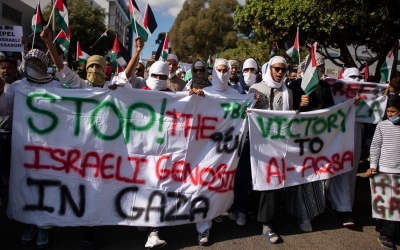
For the OIC and the Arab League states, supporting South Africa’s initiative at the ICJ is a chance to contribute to a process that upholds justice, due process, and international law. It is an opportunity to move beyond rhetoric and towards a structured legal examination of serious allegations.
No doubt leaders of the OIC and Arab League states condemn Israel’s alleged actions in their hearts. It is better still that they speak out against alleged violations that we see on our screens daily and even better still that they take action and join South Africa at the ICJ in the first step to break Israel’s gifted impunity and hold it accountable for alleged international law violations.
The ICJ operates independently, free from external pressures. Any objections to South Africa’s application should be presented through legal submissions to the court. Attempts to influence the court outside of its legal processes undermine the very principles of justice and impartiality that the court stands for.
The OIC and the Arab League have the opportunity to be part of a historic process that could redefine the application of international law in conflict resolution and uphold the principles of justice and accountability on the global stage.
The views expressed in this article belong to the author and do not necessarily reflect the editorial policy of Middle East Eye.
Middle East Eye delivers independent and unrivalled coverage and analysis of the Middle East, North Africa and beyond. To learn more about republishing this content and the associated fees, please fill out this form. More about MEE can be found here.



